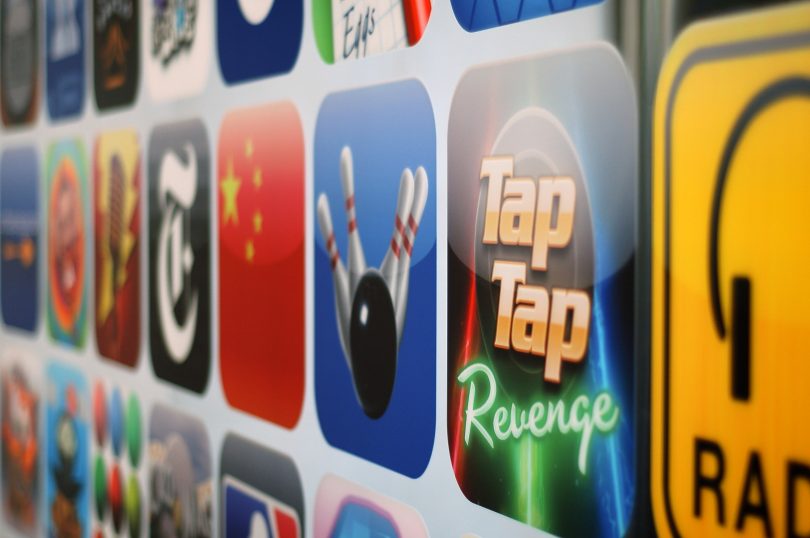New research predicts the majority of the world’s internet usage will soon be done via smartphones.
According to a study by the World Advertising Research Center, nearly three-quarters of all internet users are expected to rely solely on mobiles by 2025.
This will account for around 3.7 billion people, compared to the 69 million which are predicted to connect from PC only. Most of the coming growth is expected to come from China, India, and Indonesia, as the largest and most potentially expansive markets.
A Cause of change
The cornerstones of the move towards mobiles as a primary system are thought to be found through a combination of accessibility, convenience, and flexibility. For accessibility, a major contributor is the evolution of mobile internet infrastructure. Not requiring any fixed location, and with slowly lowering costs, surfing on the go is much cheaper than alternative at-home and cabled plans.
For reference, the average internet speed available in the UK for grounded lines operates around 67Mbps. While prices and speeds will vary heavily by region and even street, these plans generally cost around £30 a month. Unlimited plans for mobile devices cost around £20 a month, or much less if you manage to find a deal.
Some of these mobile plans even offer 5G in this setup, which offers theoretical speeds of up to 10Gbps. Even slower connection 4G speeds of 100Mbps can still perform better than traditional at-home connections. Combine this lower cost with the ability to offer a mobile phone as a connectable hotspot, and their replacement of older methods becomes all the more reasonable.
For many users, convenience has been the aspect which has already pushed mobiles into our hands as our first choice. We could get up, turn on the computer, and look for what we want, or alternatively, we could stay warm under the covers, and browse without having to get up. This has been a gradual change for many users, but it’s an important one nonetheless.
The advantage of this convenience is then further bolstered by the advent of specialised tools like voice control. Not just great for users with dexterity issues, these systems can also save an enormous amount of time thanks to AI respondents like Cortana and Siri. These might be far from perfect right now, but they’ve still come a long way, and they’re only going to get better.

Flexibility is another component which has changed so slowly that it can be difficult to appreciate. Over years, mobiles have gone from offering rough interpretations of existing programs to offering solutions which can meet or exceed the performance of their forebearers.
The App Store is full of examples like this, where small tools have replaced dozens of other digital devices. Want to tune your guitar? Try Guitar Tuna. Thinking about learning a new language? Apps like the Simply Learn series can open the gates.
There are even occasions where mobile apps can operate better for some users than their PC equivalents. Calculators are a great example of this, where a touch-screen can be far better to work with than a keyboard. Mobile casino games are also great in this regard, where mobile slots like Starburst or Diamond Mine are sometimes even more intuitive than their desktop counterparts.
Downstream effects
As mobiles continue their rise to dominance in the internet space, there’ll inevitably be a greater emphasis put on the software and hardware of the platform. In terms of apps, the market is already operating at a high pace, with record $581.9 billion in revenue expected in 2020.
The only real question that remains is what might be done to the hardware to improve its inherent strengths. There are some limitations here, such as a lack of tactile feedback, that are essentially unsolvable save for some type of docking rig. Other issues, such as smaller screen size, are being tackled by potentially revolutionary new hardware solutions like folding screens.
It should also be noted that while mobiles are likely to become more popular, they’re unlikely to completely replace landline solutions. As great as it can be, wireless transmission comes with concerns for connectivity and latency that render it untenable in some situations.
Fast-paced gaming is one of the most common examples of this, since no serious competitors play on wireless connections. Similarly, large database options can require such strict scheduling and safety protocols that wireless systems might never offer a viable replacement for.
Despite having only taken off following the launch of the original iPhone in 2007, smartphones are now a ubiquitous part of our online lives. In a mere 13 years, they’ve made more progress than other hardware systems have made in generations.
While this is undoubtedly exciting, it also means that we have no real ways to predict the industry’s future. We know it will be huge, and we know it’s only going to get bigger, but we don’t know what shape it could take.









Leave a Comment
You must be logged in to post a comment.